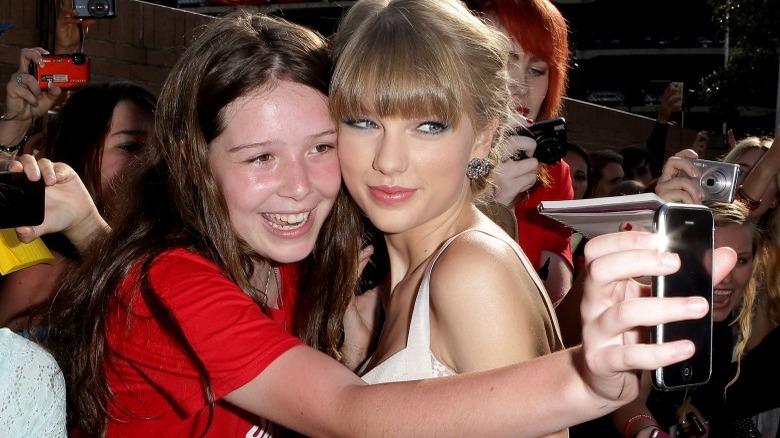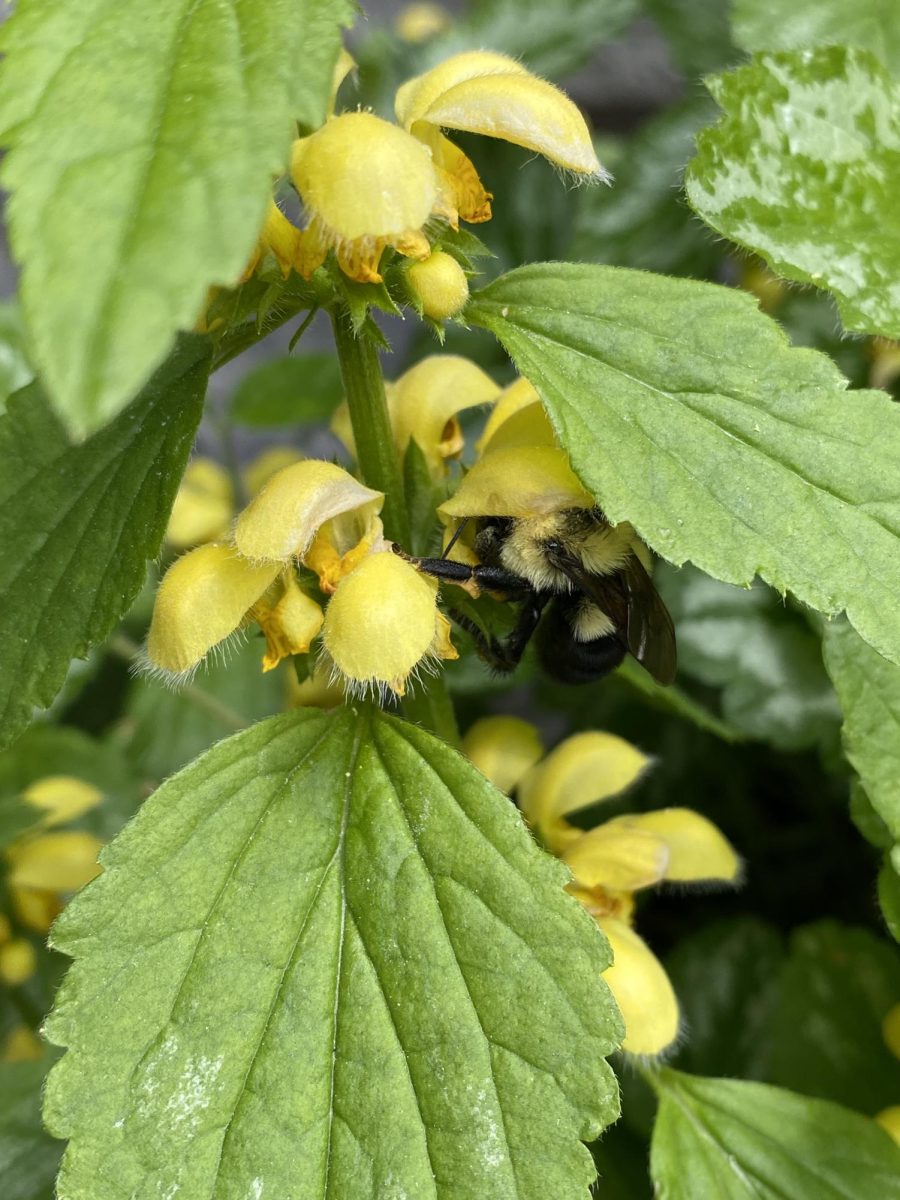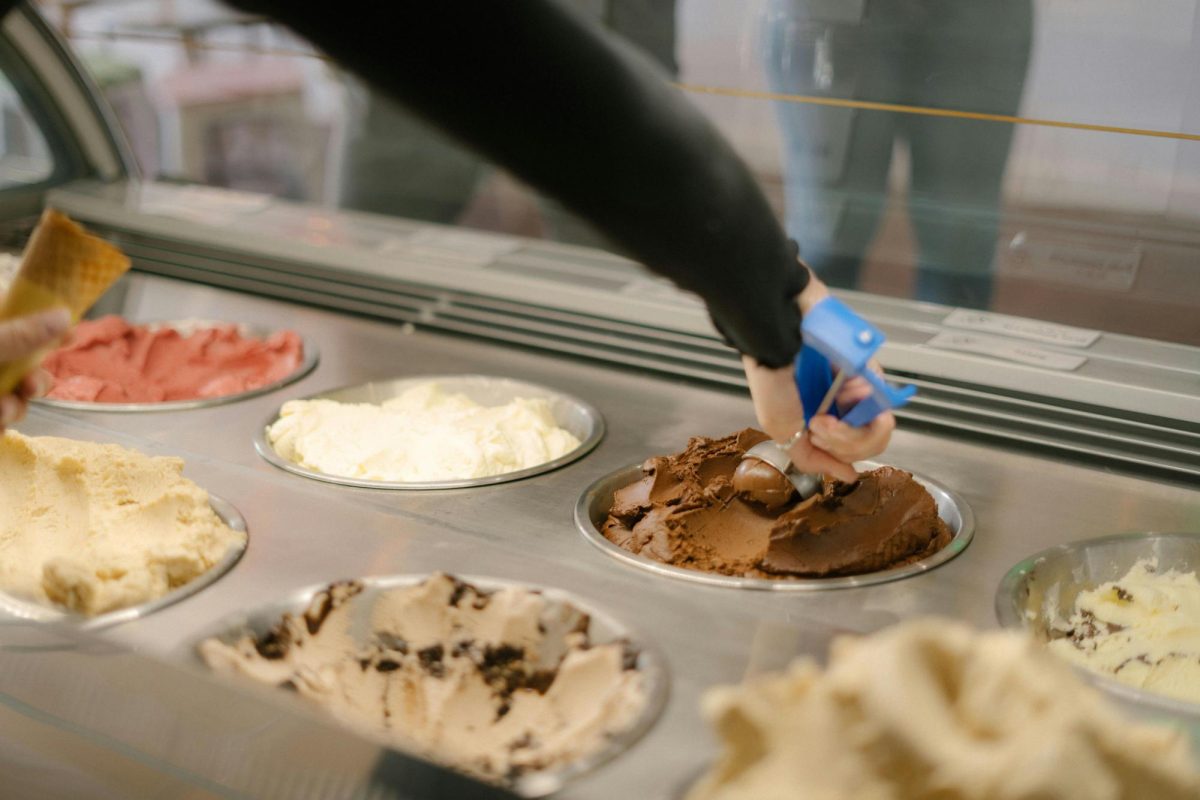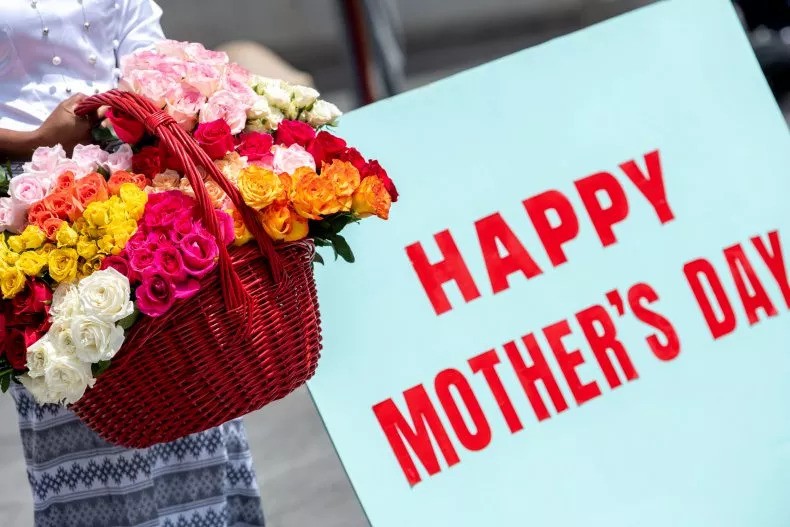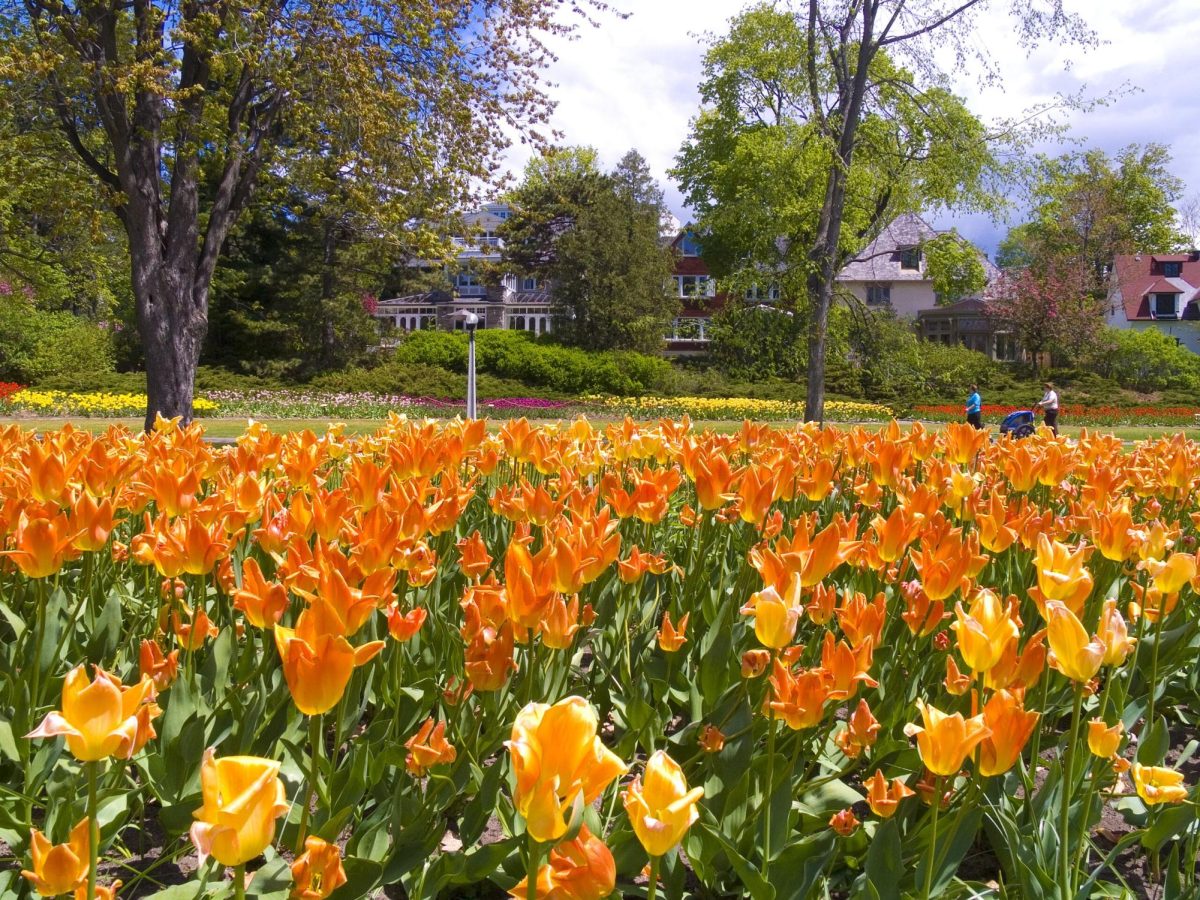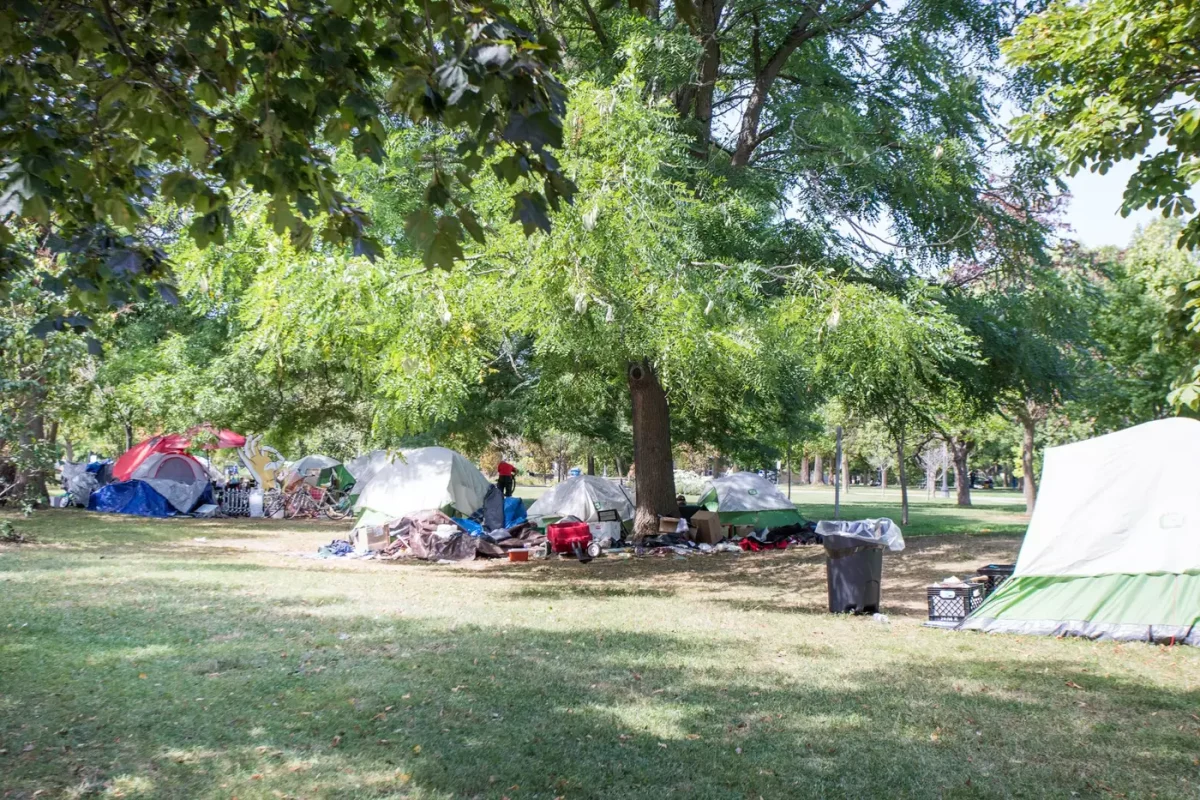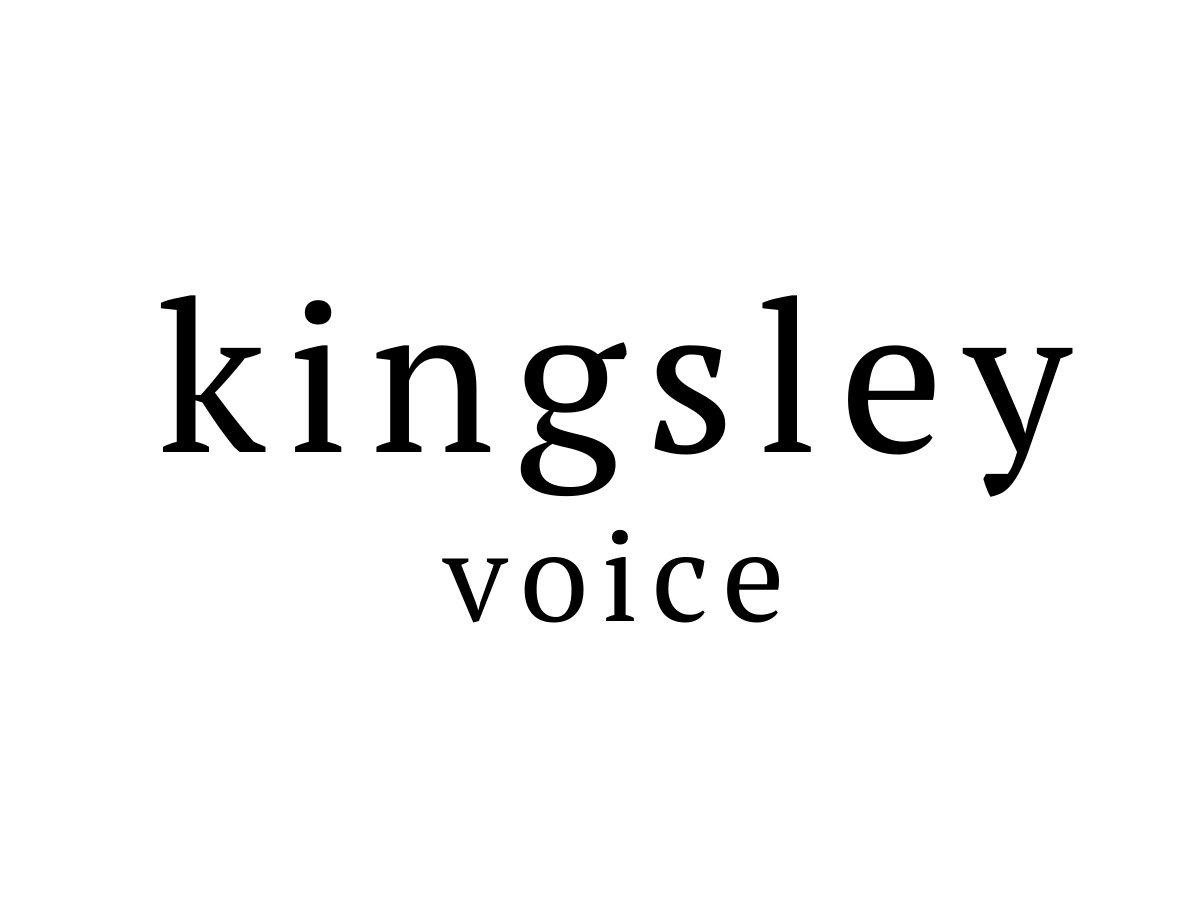With colder temperatures come increased cases of RSV, flu, and COVID-19. RH King has already been hit by this, with both students and teachers in the Musical Theatre class getting sick mere weeks before the Freaky Friday showcase. While some students have started masking again because of that, catching COVID-19 still seems like no big deal to many students. “It’s just like the flu now,” has been a common phrase, implying that COVID-19 infections are inevitable and insignificant. However, students who are at high risk for more severe outcomes from COVID-19 due to being immunocompromised and/or chronically ill reject this framing. Three TDSB students, two of whom go to RH King, share their experiences.
“People and schools are acting like COVID is over, which it will never be, and have stopped most precautions, making it dangerous for anyone that is immunocompromised or susceptible to COVID,” said Student A, a chronically ill King student who wishes to remain anonymous. COVID-19 “is still worse than the flu,” according to immunologist and professor at McMaster University Dr. Dawn Bowdish, who spoke to CBC in May 2023. As of the latest report by Statistics Canada, the third-highest cause of death in Canada is COVID-19, something Bowdish said “will probably persist.” High-risk students are hyper-aware of the fact that they could die from an infection. “The risk of [catching] COVID is constantly on my mind as I had COVID once and it could have killed me. It was the worst thing I have ever experienced.” said Student A. Mack, an immunocompromised King student, echoed this statement, “With both me and my mom being immunocompromised, it’s made me hyper-aware of COVID-19 and the effect it has on us.”
Even if someone does not die from COVID-19, there are still a plethora of negative short-term and long-term consequences. A COVID-19 infection can become long COVID, a chronic condition where symptoms of COVID-19 extend after twelve weeks of infection. More research is needed to know if the risk of getting long COVID changes with reinfection but it has been established that every reinfection holds the risk of becoming long COVID. Aside from this condition, COVID-19 can exacerbate existing respiratory issues or illnesses. Student B, an anonymous TDSB student who does not attend King experienced this, saying, “Before catching COVID, I was high risk but could mask for short periods of time. Now I [can barely mask] at all.” This, of course, forces them to risk further exposure to COVID-19 and this student is not the only one. Mack has “slight scarring” on his lungs “because of being immunocompromised and having asthma. Because of this, I now have more doctor appointments which puts me in an environment where COVID is prominent and now I’m on more medication.”
The consequences of being infected with COVID-19 are not only physical but mental. Student B recalled being “so deeply anxious that I stress-knit for 9 hours a day and my hands ended up cramping so bad that I couldn’t move them.” Mack, who suffers from depression and anxiety, said that needing to isolate from everyone while having COVID-19 put him “in a downward spiral that was hard to climb out of.”
Student B and Mack describe themselves as a “hypochondriac” and a “germaphobe”, respectively. These terms are often associated with an abnormal amount of attention given to one’s health. But is this attention not warranted? Student A put it best: “Both of those words have a negative connotation that someone is overreacting, which for immunocompromised people in COVID, our lives are on the line, I wouldn’t call that an overreaction.” Students are now recommended, but not required to, stay home when sick. Masks, the main device everyone used to prevent the spread of COVID-19, were no longer required in schools after March 2022. Student B said that they are even worried about adequate ventilation. “Many rooms in my school are in the basement and don’t have any windows and are basically cement boxes with 30 people in them.” As for masks, all three interviewees noted that masking by students and staff in their schools has decreased significantly. Student A expressed frustration at this: “School has become almost dangerous as people are expected to show up regardless of if they are sick or not and without a mask mandate, no one wears one anymore. My mask does not protect me, it protects the people around me, and without them wearing a mask, I have very little protection from the virus.” Other students are even responding defensively when asked to mask, according to an encounter Student B had. “Barely anyone masks anymore. That freaks me out because I can’t mask and I am high-risk. Also, because masking is voluntary, people react weirdly when you ask them to mask. I sat next to someone who had a close contact who tested positive the day before and after openly admitting that, I asked them to wear a mask, and they got all weird and defensive and didn’t want to.”
The reasonable hyper-awareness of high-risk students around potential COVID-19 infection resurfaces again here in their social lives. Mack experienced a large shift in its social circle during lockdown due to the COVID-19 pandemic, “I wasn’t allowed to go out and socialize with my friends because they didn’t believe it was a big problem. This caused me to lose life-long friends over wearing a mask and social distancing.”
Resources for high-risk people during winter tend to be centered around adults, like disability justice advocates Leah Lakshmi Piepzna-Samarasinha and Tina Zavitsanos’ long winter crip survival guide for pandemic year 4/forever, a useful document for high-risk people who have more control over their environment and have the option to isolate when they wish. Students—youth in general—often do not have the same range of options. “I still try to avoid large or crowded events, especially ones that are indoors, but largely that decision is not up to me,” Student A said, “My parents often force me to go to events or places I would definitely not go to myself as a result of COVID. For example, airplanes.” Virtual schooling is not available to high-risk students for many reasons. Student B attends an arts school that requires in-person participation. In addition, Student B has two depressive disorders and currently lives in an abusive household; the isolation from staying at home would make it extremely difficult to impossible for them to survive. Similarly, Mack recalled its experience of virtual schooling during lockdown: “I fell into a massive depressive state and it was hard for me to do my school work or really anything.”
High-risk students who go to school in person have many reasons for the risks they take by doing this. This does not mean that the responsibility to keep them safe should be on them alone. In Masking is Access is Love: A Personal & Political Argument for Masking by Ashton Thorne, the now-graduated student of the University of North Carolina, writes about his experience as an immunocompromised and autistic student who was often the only person masking in their classes: “Sometimes I feel irrevocably bitter. Sometimes I wish asthma upon each and every relative that scoffs at me for masking; I wish COVID upon the nondisabled who leave their homes maskless and carefree; I wish an immunocompromising disability upon the [former] head of the CDC. None of this stems from cruelty, but rather from frustration and, ultimately, desire. l do not necessarily want others to suffer. I do, however, deeply wish that everyone could understand. I wish the knowledge of disabled people was valued in a meaningful way, beyond platitudes and pity. I wish that the compassion and willing commitment to interdependence of each of us who continue to mask could be widespread principles. Beyond it all, I wish for access that includes masking. I long for a world of universal access that feels like love.”
The students interviewed for this article urged others who can mask to do so and to stay home if they are sick for everyone’s safety and physical and mental well-being.


